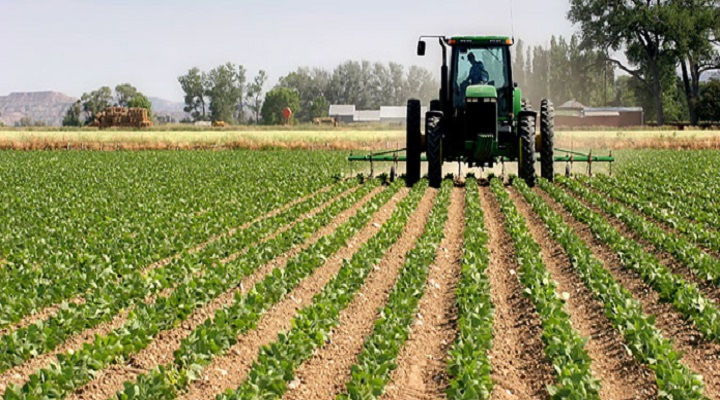With the corona crisis underway, Macedonian agriculture is to face key challenges as rising uncertainty and unemployment, the lack of seasonal workers for the upcoming harvest, disrupted supply chains as well as the lack of direct measures to support small scale and rural businesses in tackling poverty, analysis by the National Federation of Farmers (NFF) shows.
In cooperation with Swedish-based development cooperation organization We Effect and its partner organisations in the country, a project is being implemented whose aim is not only to strengthen the capacity of the vulnerable communities in Macedonia by providing rapid and efficient response to the corona inflicted threats, but also to pave the way towards their resilient, inclusive and sustainable recovery.
The project Food Security and Economic Empowerment in Macedonia aims to protect, restore and improve the livelihood systems in the communities most affected by the corona crisis. It is implemented by all three partner organisations of We Effect in Macedonia, the National Federation of Farmers (NFF), the Rural Development Network of Macedonia (RDN of NM) and the National Roma Centrum (NRC).
The project is funded and developed in close collaboration with the Swedish Embassy in Macedonia. The total budget of the project that will last until the end of 2020, is SEK 1.500.000.
“Farmers feel these problems and are not powerful enough to deal with them. Through this project we expect that rapid response will minimize disruptions in the food supply chains in accordance with the needs and challenges of farmers, especially women and youth, and to balance supply and demand in agriculture,” NFF president Vaska Mojsovska said.
According to the Swedish Ambassador to Macedonia Kristin Forsgren Bengtsson it is too soon to assess the pandemic’s full consequences, but many measures will be required to counter its effects.
“Sweden has collaborated with We Effect in Macedonia for many years and we find this initiative an important response to mitigate the consequences of the pandemic outbreak related to food security and economic empowerment of the most vulnerable people in Macedonia, not least in the rural areas. Sweden remains a committed development partner to the people of Macedonia,” Swedish Ambassador said.
NFF notes that Macedonia’s rural areas are home to 40 percent of the population and two thirds of its poor people. And with the corona crisis underway even more sinister situation is emerging. Many rural families are finding it unceasingly difficult to make ends meet. Small scale and rural businesses are out of customers, and people who are already balancing on the margin are falling into poverty. The most pressing problems for the farmers are the disrupted supply chains and the lack of seasonal workers for the upcoming harvests.
The exposed vulnerabilities brought upon by the corona crisis are particularly sobering when seen through the prism of the everyday life of the poor Roma people, most of whom work in the grey economy, selling food, clothes or collecting plastic bottles – sources of income which are severely reduced at the moment.
“As the realities of the pandemic started to set in, affecting the livelihoods of the most vulnerable communities in Macedonia, we realized that it’s imperative that we act. I’m hopeful that this project will create positive changes that will ensure more resilient future for smallholder farmers, especially women and youth, as well as the marginalized Roma community,” Anneli Leina, the Regional Director of We Effect Europe, said.
“I’m glad that this project will enable us, not only to directly address these challenges, but also to offer an innovative and long-term solution for economic strengthening of rural areas and providing food for the vulnerable and marginalized communities,” President of the Rural Development Network of Macedonia Petar Gjorgievski said.
The project aims to protect, restore and improve the livelihood systems in the communities most affected by the corona crisis. Through targeted actions immediate results contributing to food security are envisaged by re-establishing or introducing alternative market linkages for the farmers, creation of food hubs and providing economic perspectives for the ones in greatest need, such as the Roma population.





Comments are closed for this post.